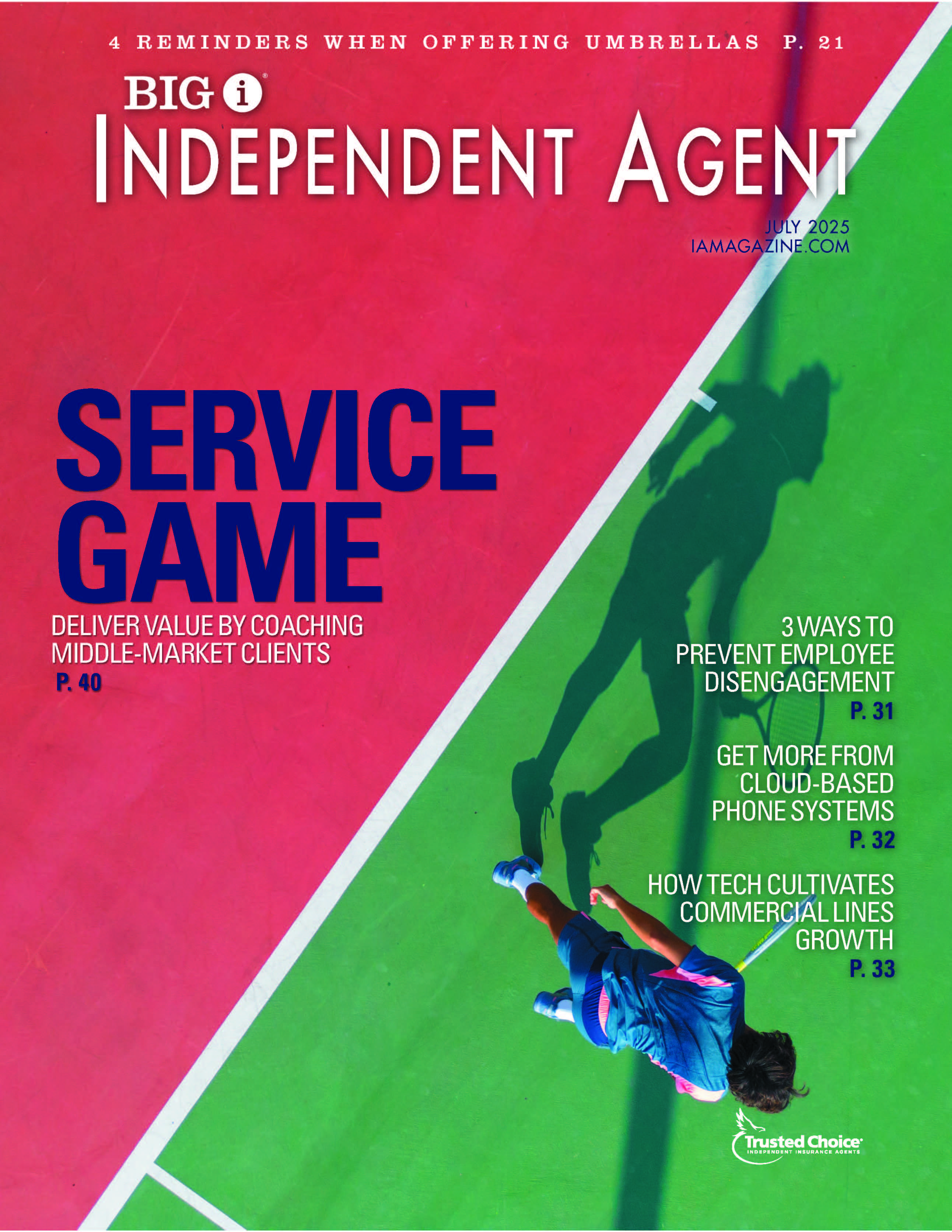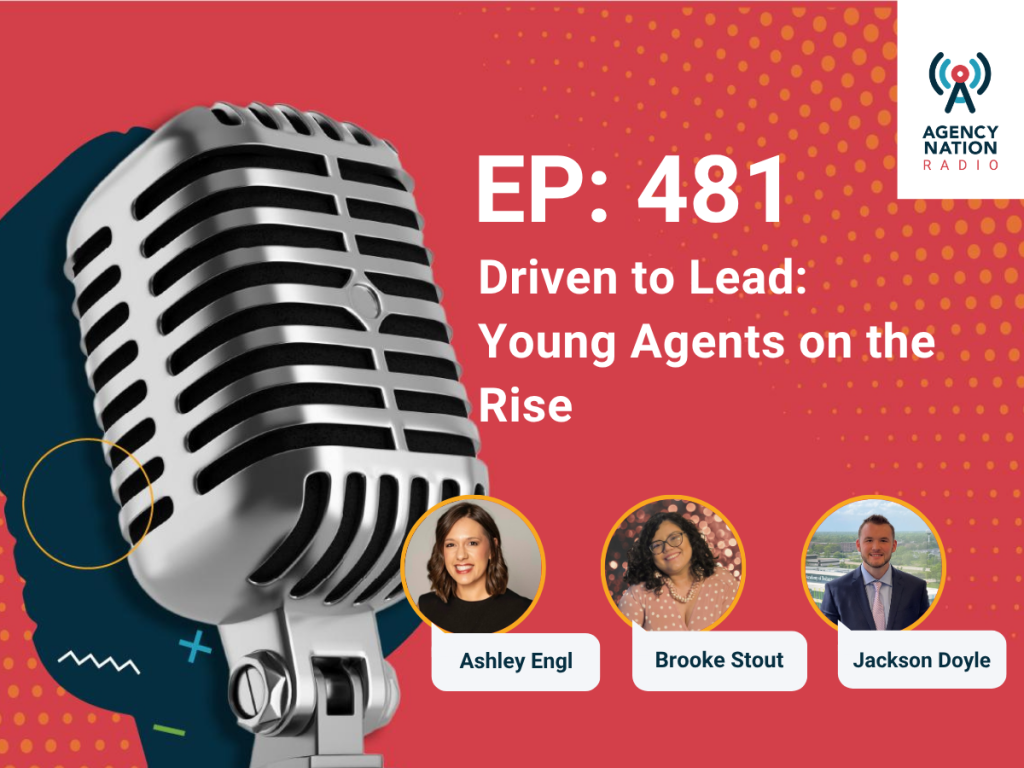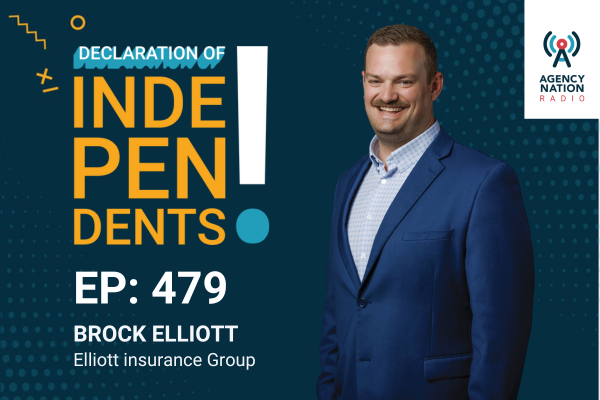Find Your Next Great Talent With Skills-Based Hiring

By: Kristin Nease
The insurance industry has, understandably, talked a lot about ways to attract more workers, specifically, younger workers. But Generation Z isn’t the only talent pool available to fill the industry’s talent gaps.
Many workers expect to make several career changes during their working life, according to the World Economic Forum, and we see it in insurance. One in 3 independent agency employees said they came into insurance from another industry, according to a recent Vertafore study.
For independent agencies looking to hire, there are opportunities to recruit experienced, talented workers looking for a career change. However, the key to finding this talent lies in reimagining the hiring process to spot great candidates with valuable skills that transcend the experience section of the resume. Skills-based hiring often provides a solution.
What Is Skills-Based Hiring?
Skills-based hiring emphasizes a candidate’s abilities and competencies—what they can deliver and contribute—rather than specific past titles and years of experience. Here’s how the differences might appear in a job posting for an insurance sales agent:
Traditional job posting: We are seeking an experienced insurance sales agent with a solid background in insurance sales and a proven record of providing tailored insurance solutions. The ideal candidate should have 5 or more years of experience in selling insurance products, including life and property and casualty insurance. Must possess the required state insurance licenses.
Skills-based job posting: We are looking for a driven, empathetic insurance sales agent who is passionate about helping clients protect what matters most. The ideal candidate is a persuasive communicator, has a knack for problem-solving, possesses a fire for delivering your quota, and is eager to learn. You’ll use your listening skills to connect with clients and understand their insurance needs. You’ll leverage your negotiation abilities to close business. And you’ll bring a deep commitment to outstanding customer service that builds long-term client relationships to drive retention. Must be willing to obtain the required state insurance licenses.
Spot the differences? The first posting focuses on what happens in the role and calls for credentials and career timelines. In comparison, the skills-based example emphasizes how candidates should be able to execute, along with expectations for quality and outcomes.
Skills-based hiring can be especially effective in roles that require stellar soft skills. Think about what makes an agency’s top performers stand out. Sure, they bring great knowledge to the table. But chances are their success is also about how they respond to clients and how they chase leads. These qualities are more likely to shine through in a skills-based hiring process.
Getting Started
Think critically about what is and is not trainable in a role. For example, it is easier for a candidate to learn a new line of business or technology platform than it is to teach someone how to overcome obstacles or think from a client-first perspective.
Here are four steps to get started:
1) Identify core skills. Determine the key competencies required for each role. Create a detailed skill profile for each position.
2) Update job descriptions. Highlight the necessary skills rather than focusing solely on years of experience or educational qualifications.
3) Train your hiring team. Provide training to hiring managers and others involved in the hiring process on how to assess skills effectively and recognize potential in candidates from diverse backgrounds.
4) Interview and assess. Use behavioral-based interview questions to accurately identify if the candidate has the skills needed to perform the job. Consider if an assessment tool might help with this as well.
What’s In It for Agencies?
The most obvious benefit of skills-based hiring is that it can broaden the talent pool. But organizations that have made the shift report a wide range of benefits, including:
- Top-tier hires. Focusing on specific skills ensures that the candidate can meet outcomes effectively, leading to better performance and productivity.
- More diverse perspectives. Attracting candidates from different educational and professional backgrounds can result in more innovative and dynamic teams.
- Improved hiring. Focusing on skills and competencies can minimize unconscious biases related to age, gender, background or education.
- Elevated adaptability. Employees with the right skills can adapt more quickly to new roles, business needs, or opportunities, adding agility to the organization.
- Greater employee retention. Eighty-eight percent of companies using skills-based hiring saw a decrease in mis-hires, lowering costs linked to turnover and rehiring, according to TestGorilla’s “The State of Skills-Based Hiring 2023″ report.
Skills-based hiring encourages agencies to frame roles in terms of abilities and desired outcomes, rather than as a title defined by set functions or tasks. In this approach, organizations are freed to think about their goals holistically and to seek out people with the skills to achieve them.
Kristin Nease is chief people officer at Vertafore. She is responsible for all things people for Vertafore’s 2,400 employees in the U.S., Canada and India, including talent acquisition, employee development, engagement programs, culture, belonging, diversity & inclusion, internal communications, workplace services, and total rewards. She joined the Vertafore team in 2017 to lead human resources and drive an award-winning, employee-driven culture.










